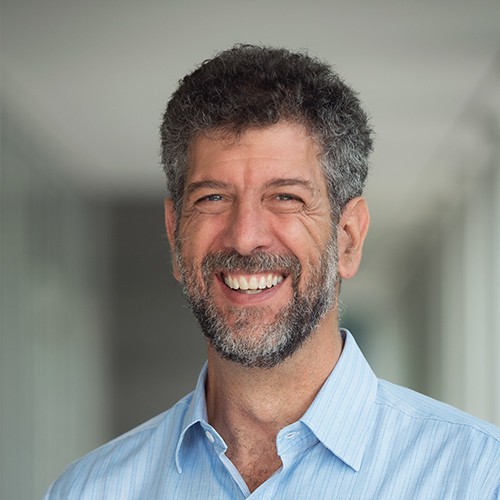The Urban Land Economics PhD program at in the Sauder School of Business at UBC is a full-time program with the objective to train young scholars to pursue academic research in urban economics, economic geography, housing economics, and real estate economics. Graduates go on to careers primarily in academia, but also research positions in central banks and government. The program is among the best programs in the world in specializing in economics grounded training in research in the fields of urban and real estate economics. Our faculty sit or have sat on the editorial boards of some of the top journals in these fields. The PhD program draws on the ULE faculty as well as those in Finance and Strategy and Business Economics at the Sauder School of Business and the Vancouver School of Economics. A more complete description of the program is in this link. Except for those funded from outside sources, all students making satisfactory progress receive four years of funding (direct grants, research and teaching assistantships).
A typical background for qualified applicants must include some training in economics or a related discipline with a demonstrated ability to handle advanced quantitative material. An applicant is accepted only if the ULE faculty members believe the individual has a commitment to academic research and the ability to succeed in the program, which focuses on graduate level coursework in economics. Once a student is admitted, the faculty members directly guide the new researcher through the stages of the doctoral program and in assisting the student in creating their own program of independent research. Entrance directly from an honours or first class Bachelor’s degree is a possibility for outstanding students. Students with backgrounds in less technical fields or programs must demonstrate an ability to handle graduate level work in economic theory and econometrics.


